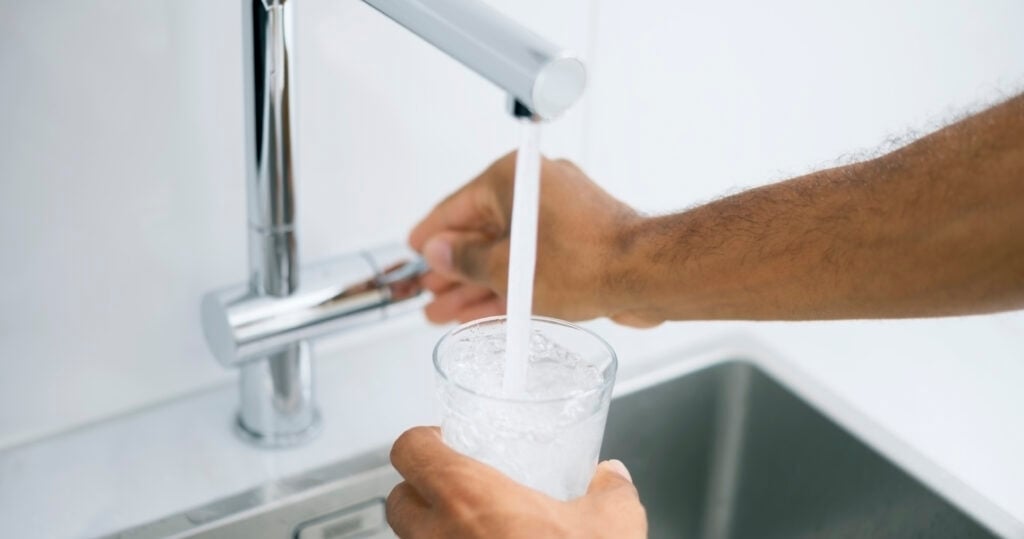Almost everywhere you look, news media and consumer protection organizations advise you to improve your home’s drinking water with filtration or treatment. Then one day, you finally decide to install a filter and start calling filtration companies. But is that the best place to start your purchase?
A filtration company may be so focused on the products they sell (and make the biggest profits on) that they may not design the system that is the best for you. If they don’t recommend a professional water test to precisely detect the contaminants in your water, they may actually design a system that isn’t even effective. No matter who you go to for filters, a professional water test should be your first step.
Why You Need to Know Exactly What’s in Your Water
A filtration company may look at your home or fence and see iron staining so they recommend a filter to take out the iron. Or they’ll do a quick test for hardness and pitch you on a water softening system that’s quick and easy to install (and profitable). Those solutions may work for them, but perhaps not for you. A quick, limited look at your water quality is not enough to guide a filtration or water treatment decision.
Here’s why:
- If a salesperson only looks at iron staining and doesn’t test the water, there could be so much of this metal in the water that their recommended filter may fail to remove enough iron to bring it to an acceptable level.
- The water could contain bacteria, lead, nitrates or heavy metals that are not even captured by generic or commonly used filters.
- A household could purchase a more expensive or comprehensive filter than is needed for their water, resulting in wasted money. For example, a reverse osmosis system may be recommended when a simpler system is enough.
- The water may have special contaminants not common to all households, such as PFAS, industrial chemicals or E. coli. The filter needs to be matched to the substances that need to be removed.
- Some water characteristics could actually make the filter inefficient or cause it to fail earlier than normal. For example, sediment or high mineral content can clog the filter if the system is not specifically designed to eliminate these contaminants.
- If the water is highly acidic, this must be corrected to prevent corrosion of plumbing fixtures. If this is not done, pipes in the home can develop pinhole leaks, leading to damage. The acidic water could cause the filter itself to fail.
- If the water is highly alkaline, the higher levels of minerals typically found in high pH water can reduce the efficiency of both the filter and disinfection chemicals used in that water. Poor disinfection could lead to unsafe water.
The Answer Is Professional Water Testing, Every Time!
With a professional water test by a lab that specializes in this service, you can be comfortable that you can design and install the perfect system for your water. You’ll know the exact contaminants and their quantities. You can hand the results of this test to a reputable water filtration company and they can recommend the right system to keep your drinking water clean and healthy. Whether your home is supplied with well water or municipal water, you stay in complete control of your water quality.
Important: A Post-Installation Water Test
After your new filtration or water treatment system is installed, you need one more water test. Let the system run for at least three days, then have another water test done. That will give you the peace of mind of knowing that your system is working as it should. If that test still shows contaminants, you have very specific information on hand when you talk to your filtration company.
ETR Laboratories helps hundreds of homeowners with tests of well and municipal water. Industries that rely on pure water also trust ETR Laboratories with their water tests. To choose the right test for your situation, check out ETR Laboratories’ best-selling water tests now!

